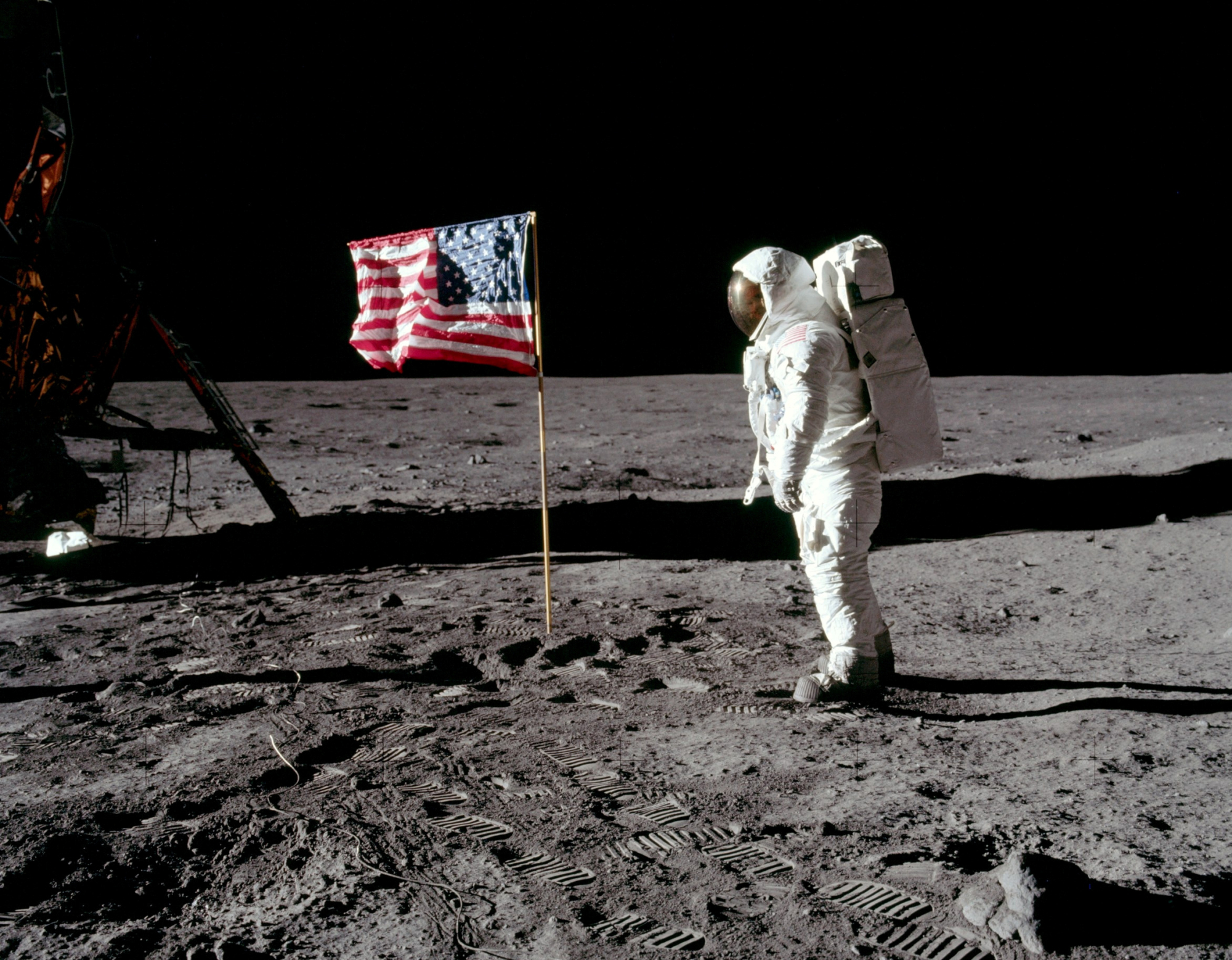Thirty months after setting the goal of sending a mission 239,000 miles (nearly 385,000 kilometers) to the moon, and returning safely, U.S. President John Kennedy cited a story the Irish author Frank O'Connor told about his boyhood. Facing the challenge of a high wall, O'Connor and his playmates tossed their caps over it. Said Kennedy: "They had no choice but to follow them. This nation has tossed its cap over the wall of space." Kennedy said this on Nov. 21, 1963, in San Antonio. The next day: Dallas.
To understand America's euphoria about the moon landing 50 years ago, remember 51 years ago: 1968 was one of America's worst years — the Tet Offensive in Vietnam, Martin Luther King Jr. and Robert Kennedy assassinated, urban riots. President Kennedy's May 25, 1961, vow to reach the moon before 1970 came 43 days after Soviet cosmonaut Yuri Gagarin became the first person to enter outer space and orbit the Earth, and 38 days after the Bay of Pigs debacle. When Kennedy audaciously pointed to the moon, America had only sent a single astronaut on a 15-minute suborbital flight.
Kennedy's goal was reckless, and exhilarating leadership. Given existing knowledge and technologies, it was impossible. But Kennedy said the space program would "serve to organize and measure the best of our energies and skills." It did. The thrilling story of collaborative science and individual daring is told well in HBO's 12-part "From the Earth to the Moon," and PBS's three-part "Chasing the Moon," and in the companion volume with that title, by Robert Stone and Alan Andres, who write:



















With your current subscription plan you can comment on stories. However, before writing your first comment, please create a display name in the Profile section of your subscriber account page.